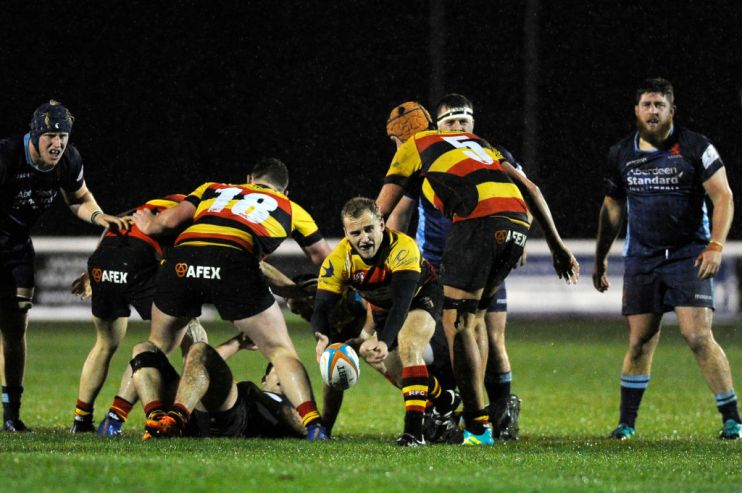Covid-19 could be a disaster for grassroots sport if sponsorship and subscriptions dry up

Sport plays a significant role in society. It keeps people active, healthier, both physically and mentally, and develops skills and confidence. Physical activity builds social and community cohesion. It teaches teamwork, discipline and respect.
For many, playing sport is the highlight of their week. That sense of belonging and achievement, a feeling of winning or losing together. Competing whatever the level.
Read more: City A.M. launches The City View podcast
Sport has a pivotal role to play in the nation’s health. Funding will be affected at all levels by the pandemic, this funding pressure will become a barrier to participation from primary schools right up to 55+.
Social Impact
The value of sport to local government and communities extends beyond sport. It plays a role in bringing communities together, having a social and cultural impact, developing social capital and reducing anti-social behaviour.
Without volunteers and coaches, matches and training sessions would not happen.
- There are over 6,000 voluntary sport organisations in England
- More than 3.2 million adults (7.6% of the population) contribute to volunteering in sport
- The estimated economic value of sport-related volunteering is £2.7bn.
Impact of Covid 19
The stark reality is that many sports clubs will not survive this crisis and the huge contribution they make to their communities will be lost.
Club surveys conducted by the Sports and Recreation Alliance demonstrate that in 2018, 45% of grassroots sport clubs broke even or made a loss. Clearly, the Covid-19 effect will result in thousands of clubs making a loss, given the reductions in their income. The effect of the lockdown and suspension of sport on grassroots sport is potentially huge.
Clubs’ income is from subscriptions, clubhouse revenue, match fees, and local sponsorship. No play, no revenue.
Subscriptions & clubhouse revenue
There is a strong chance that there will be no club cricket played at all in the 2020 season, and football and rugby having no income since early March. Clubs still carry costs of fixed overheads. For many clubs the subscriptions and clubhouse revenue is over 50% of the total income.
Local Sponsorship and SMEs
It is estimated that £250m is donated to grassroots sport each year by SMEs- the biggest single source of grassroots funding in the UK.
Local businesses support local sport with investment, from the club’s main sponsor for a few thousand pounds, down to a set of shirts for the under 12s. This support is critical, at higher levels of competition than you might think.
When lockdown ends many small businesses will be affected by the economic impact. How much budget there will be for local goodwill causes is unknown, but clubs are concerned that commercial income will be reduced.
There is a threat to their survival. To reduce costs, there will be an impact on how many teams and coaches they have. The kids, youth and female teams could feel the worst of the impact as clubs may prioritise senior adult teams.
The SMEs reduction in support is a massive threat and will take time to return to existing levels. Inevitably clubs will fold and the loss of sport and activity opportunities will be significant.
Companies want to support local communities and sport is a great way to demonstrate this. Brands can take this support and turn it into a commercial/business return. For example, allow a car brand to demonstrate the latest ranges in club car parks in exchange for kit and equipment.
Every sponsor needs to see a return on their investment in sponsorship, and clubs and their membership can help deliver this by supporting the companies that help them.
At the heart of each project there are benefits for all – clubs and members are happy to support businesses that support them, brands get real contact with real people, their potential customers.
Government could help to, setting up tax relief on businesses’ investment in local community sports.
Industry observers and commentators believe that grassroots needs to be prioritised over the elite and professional end of sport.
If brands want to make a serious contribution to the health and wellbeing of their customers, supporting grassroots sport in their local areas will drive a significant return and loyalty that advertising alone will never match.